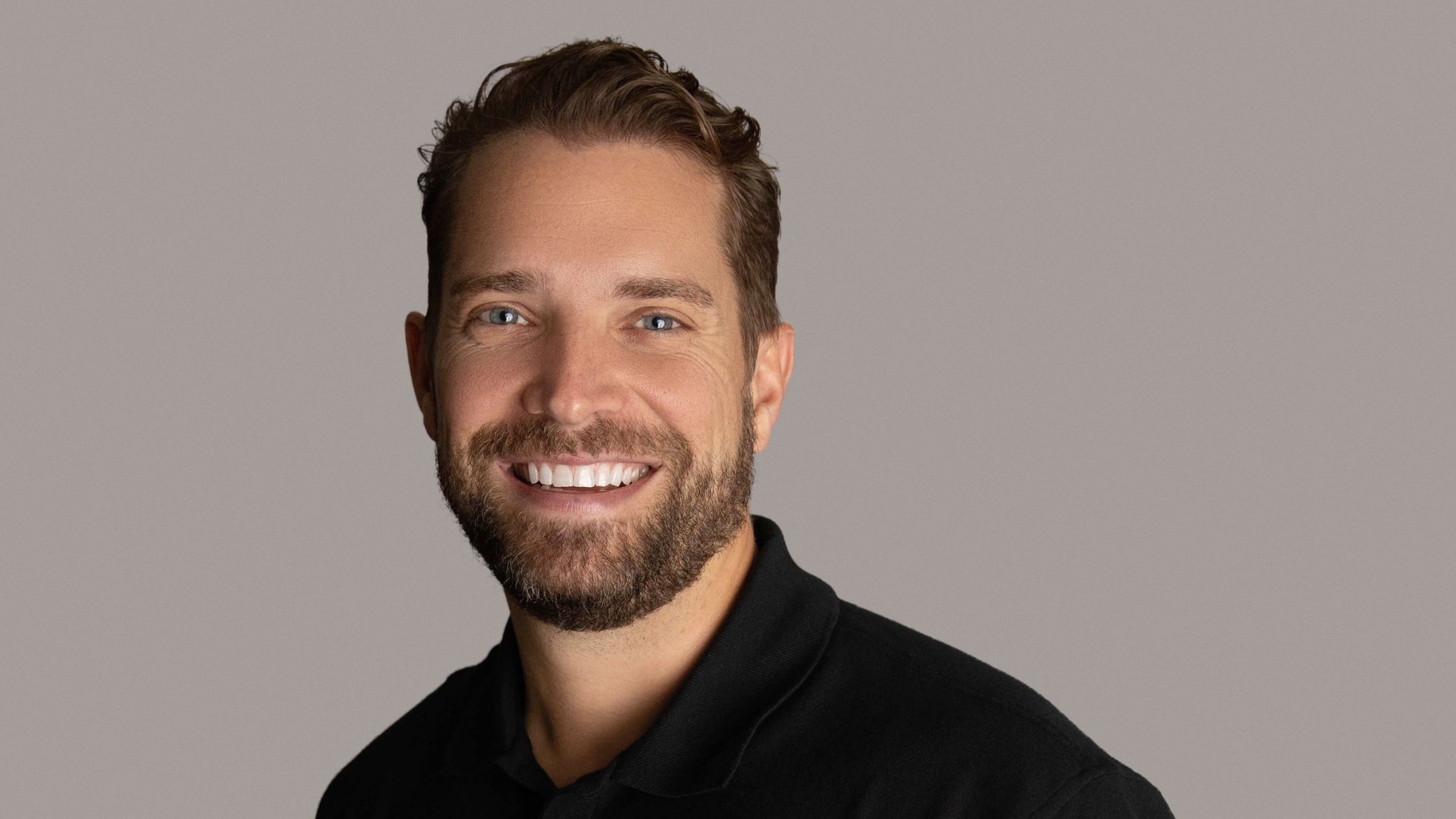Testosterone. It’s one of the key hormones that drive some masculine behaviors, such as sex drive and libido. What many don’t realize is that testosterone plays a key role in many other factors—muscle tone, belly fat, energy and motivation levels, and sleep. For the last 60 years, testosterone levels have been decreasing for men of all ages, and now many men are now seeking help for low testosterone (or low T).
Most men hold a lot of shame when it comes to low testosterone levels as if they have to check their man-card at the door when this topic is brought up. For most men, sexuality and virility are deeply intertwined and any hint of dysfunction or waning testosterone levels is frightening and embarrassing. Many times, it leads to a diminished sense of self-worth and low self-confidence.
In this episode, Kim is joined by a natural health physician and chiropractor, Dr. Adam Brockman. Dr. Brockman de-mystifies the idea of “being a man,” while helping us understand that low T is much more than low sex drive and libido. He explains the reasons for low T and how men experiencing this are far from alone in their struggles. Dr. Brockman provides both natural and scientific ways to increase wellness and vitality.
Kim and Dr. Brockman dig into the benefits of having optimal testosterone levels and how it begins with a simple blood test. They also get into brass tacks advice on what you can do to raise your T levels naturally and when you should visit a doctor for testosterone replacement therapy.
Listen On: iTunes | Google Play | Stitcher | Spotify
What You’ll Learn From This Episode
- What testosterone really is and how it functions in the body.
- Why testosterone steadily decreases with age.
- Common symptoms of low testosterone and the impacts of low T as men age.
- Demystifying men, sex, and testosterone.
- What causes erectile dysfunction in men as early as their 20’s.
- How to increase testosterone levels through natural supplements, and other options if supplements aren’t enough.
- The various benefits of optimal testosterone levels.
- What you can do as a significant other to support your man.
“It’s normal for testosterone levels to begin to decrease as men age. There is nothing wrong with them.” – Dr. Adam Brockman
If you enjoyed this episode and it inspired you in some way, we’d love to hear about it and know your biggest takeaway. Take a screenshot of you listening on your device, post it to your Instagram Stories and tag me @kimstrobeljoy.
Helpful Links
Dr. Brockman’s Toll Free Line: 877-927-1001
Dr. Brockman’s Recommended Multivitamin for Men
How to Make Some Noise Meditate: Speak Your Mind and Own Your Strength by Pema Chodron

